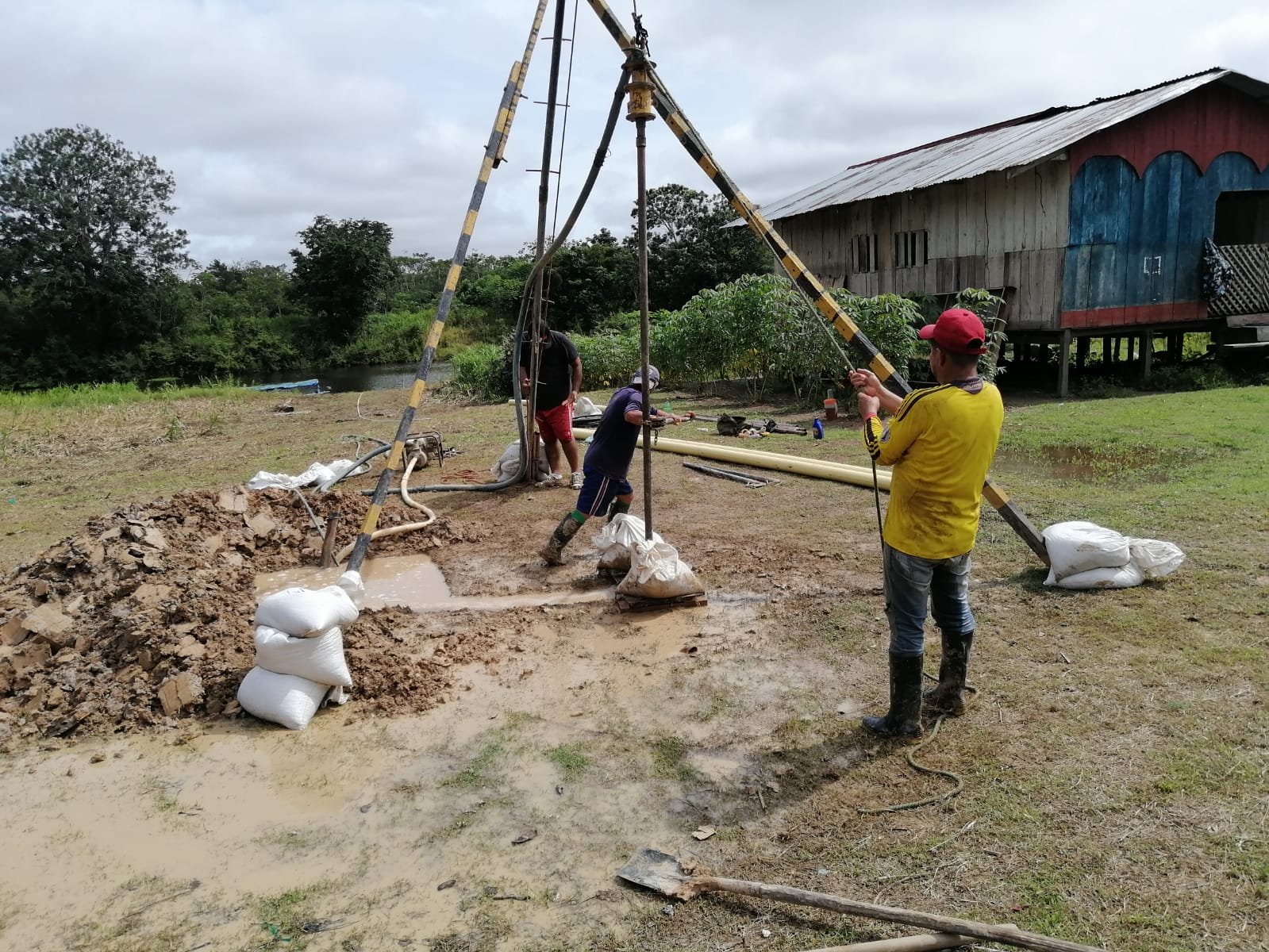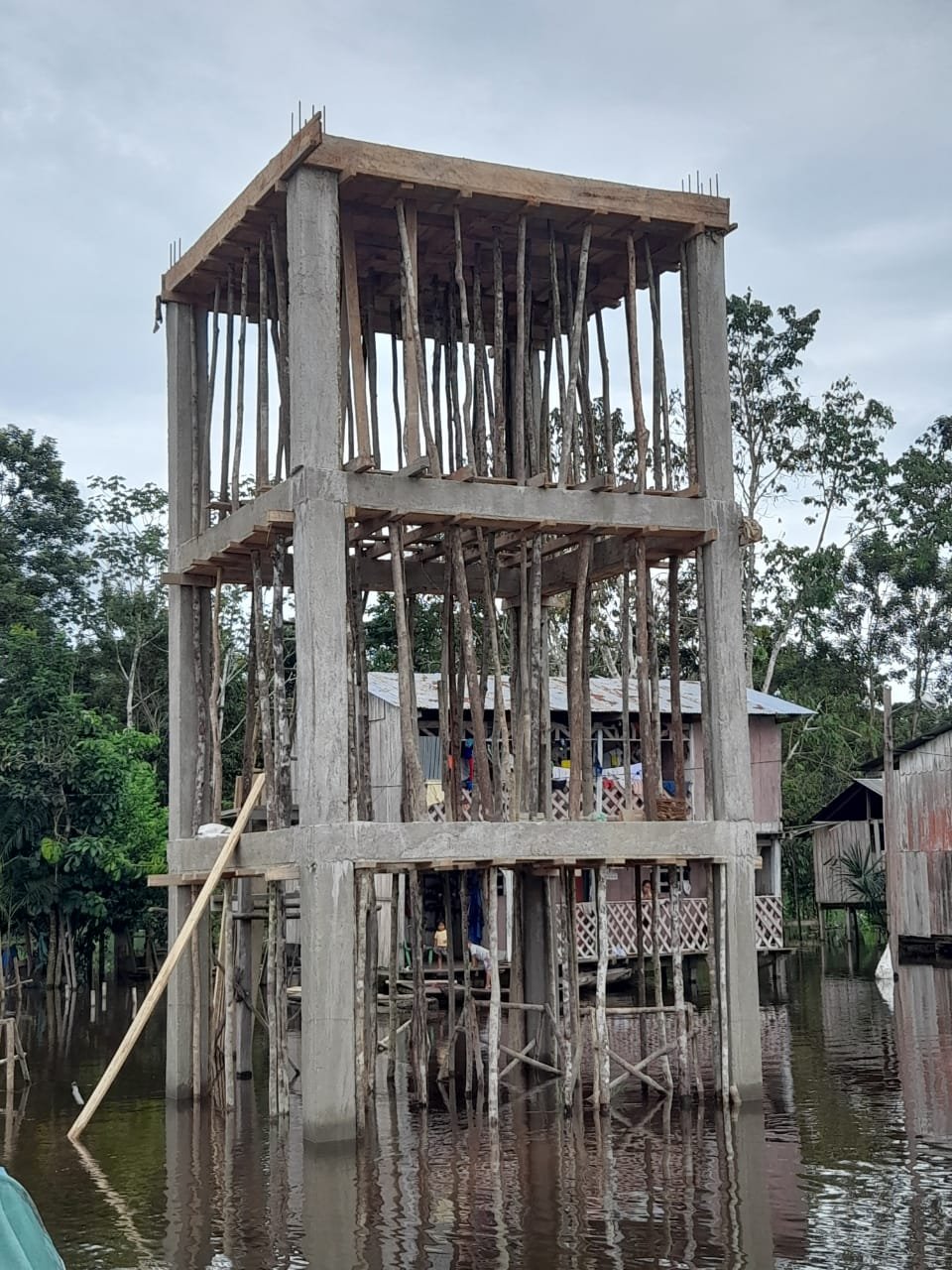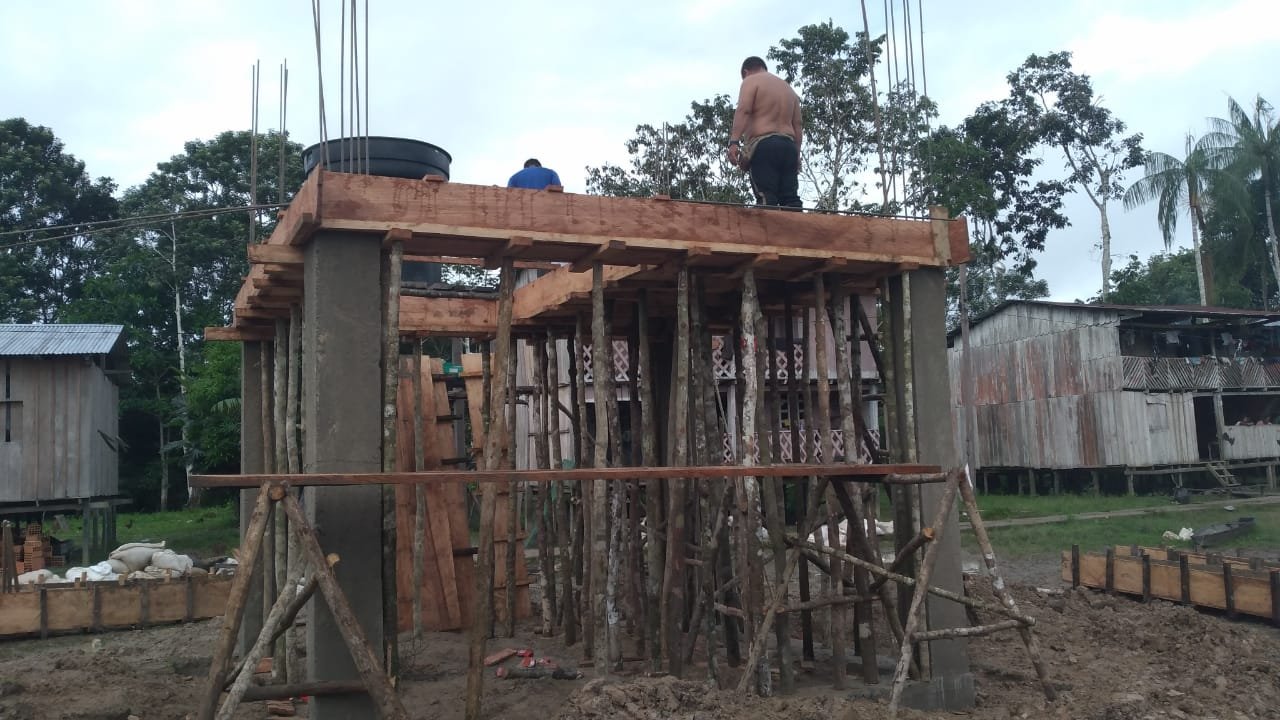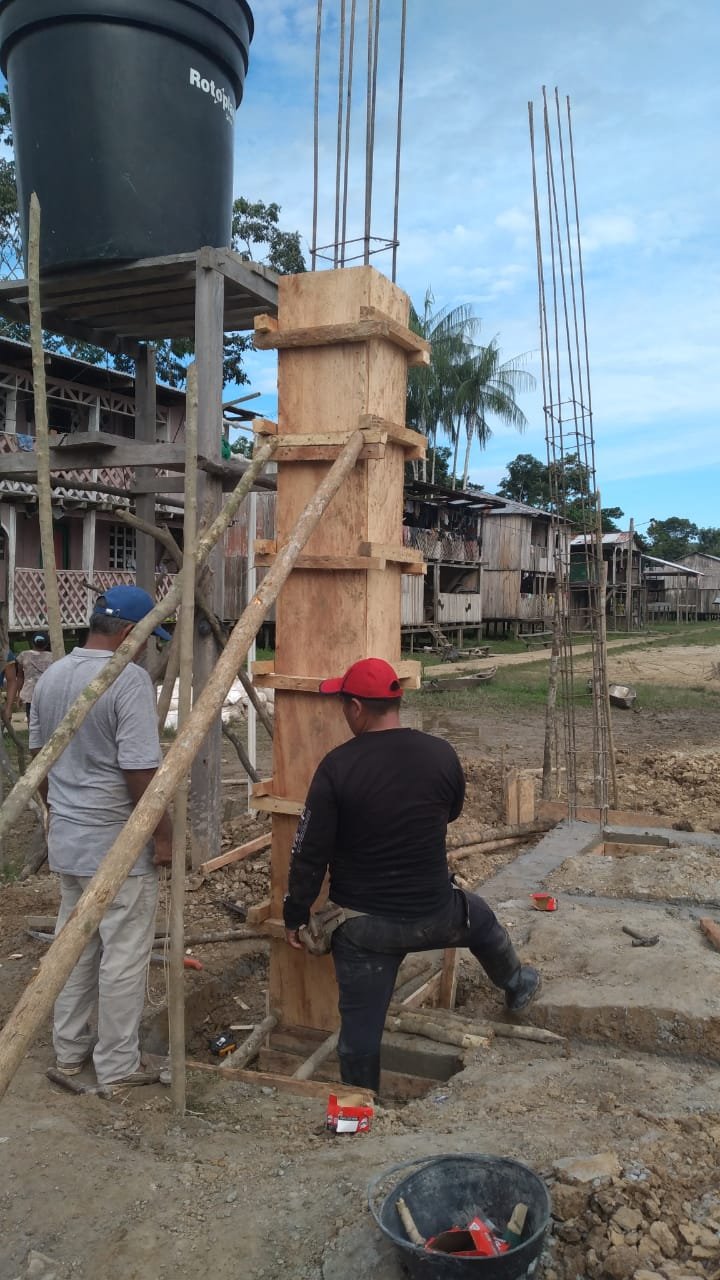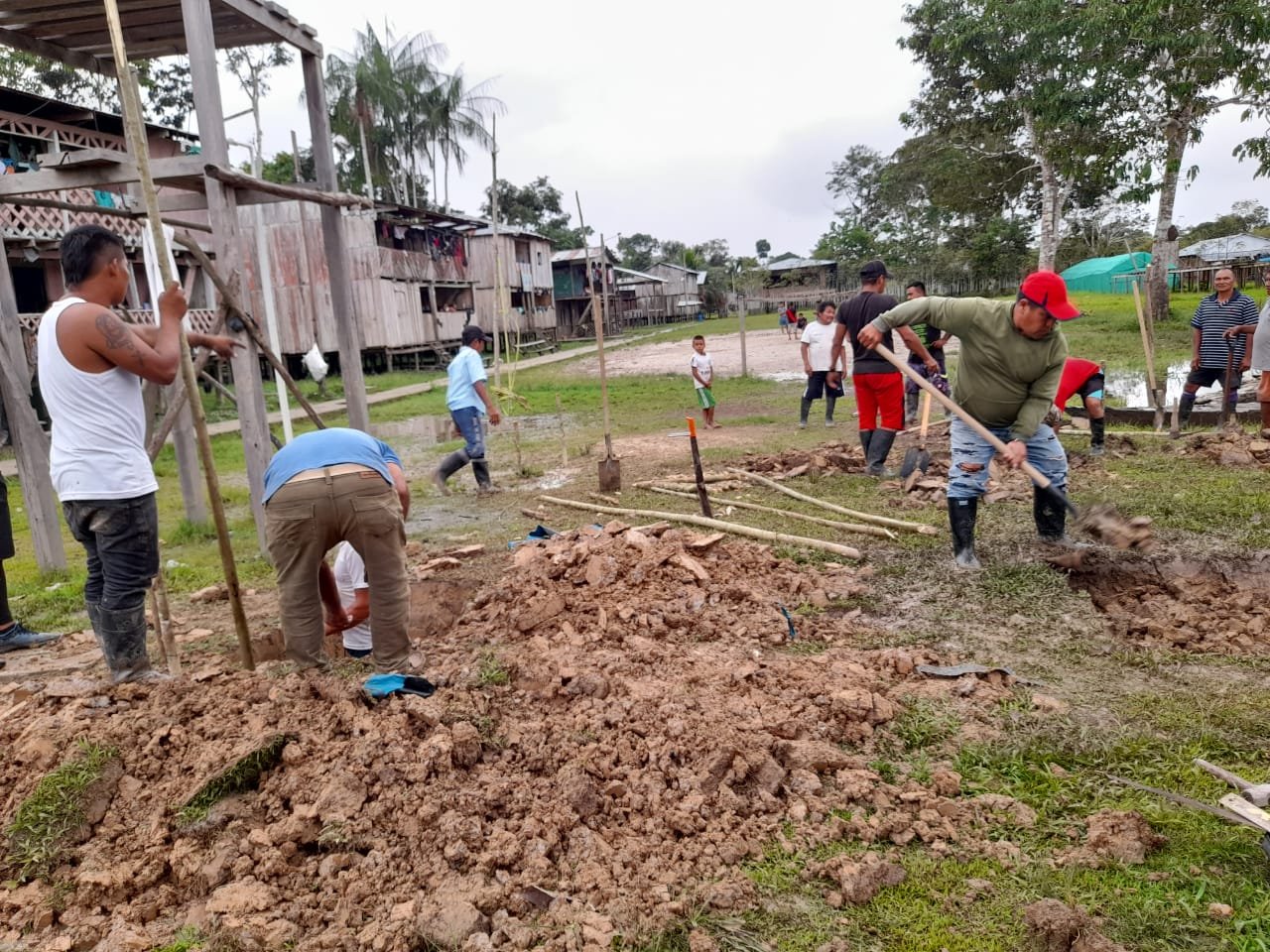Tikuna indigenous community of Buen Jardín
November 2022
Objective
Provide clean drinking water to 336 people from the Tikuna indigenous community of Buen Jardín through
the implementation of a community-managed aqueduct system.
Introduction
Access to water is a fundamental human right that is crucial to poverty reduction. The lack of potable water drastically limits opportunities for economic
development and, in general, access to education and good health.
Improving the health and access to education of the local population by reducing
water-borne diseases that cause vomiting and diarrhoea and raises local awareness on the importance of
having access to clean water, basic sanitation, and hygiene. Primary target groups of the projects are
children, schools, the elderly, ethnic minorities and people with physical and/or mental disabilities.
1064 Givers has partnered-up with a Colombian NGO, Fundación Entropika, who is in charge of
implementing the projects and regularly visit the communities, schools and vulnerable neighbourhoods to
make sure these initiative last in the long term. Furthermore, a network of local water coordinators (people
from these communities or neighbourhoods) are trained in the installation, maintenance, and use of the
filters so that, even when 1064 Givers is not in the field, issues can be quickly resolved. This
intensive follow-up has made this project one of the most successful small-scale and household water
treatment initiatives in Colombia.
Proposal - Provide clean drinking water to 336 people from the Tikuna indigenous community of
Buen Jardín through the implementation of a community-managed aqueduct system.
The primary target groups are Tikuna
indigenous community, focussing on children and community schools.
The water project here has improved the water filtration technologies being
used to improve access of communities to clean drinking water. We are now implementing decentralized
water treatment plants, run by the community, which distribute filtered water to each household through
a concrete water tower and an aqueduct. This has made it possible for local people to improve basic
sanitation (use of toilets) and hygiene (clean water for showering).
The construction of the tower, the implementation of an aqueduct and the installation of a water treatment
plant are not the only components to this initiative. Part of the work is to set up a community water service,
which includes collecting a monthly fee from each user in order to pay a plant operator, annual maintenance
of the water treatment plant and cover any possible damages to the system. This is done with the authorities
of the communities, empowering the community for it not to depend on any outside help for maintaining
their access to clean drinking water.

